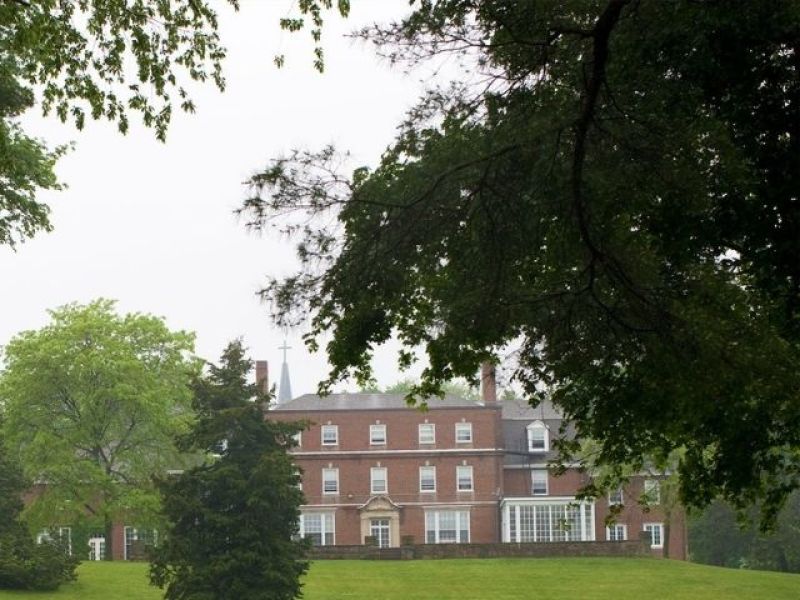
Gordon-Conwell Theological Seminary has opted to sell its 102-acre main campus in Hamilton, Massachusetts, after years of dwindling enrollments, budget difficulties, and substantial faculty and staff downsizing.
The prominent evangelical seminary will move to Boston, where many of its students already reside while maintaining satellite campuses in Florida and North Carolina and offering online degree programs.
If the ambitious move succeeds, President Scott Sunquist told Christianity Today that the seminary will be "on the healthier financial ground than it has been in 30 years."
The Hamilton campus, a hilltop site just outside the urban region that was once possessed by Carmelite Catholic monks, is worth around $54 million in assessed tax value. On Tuesday, Gordon-Conwell will meet with the Hamilton city council to discuss zoning amendments. The value of the land might skyrocket if the town agrees to put it in an industrial wing area.
The proceeds from the land sale will benefit Gordon-Conwell's endowment. This will enable the seminary to rent classroom and office space in Boston, rehire a few faculty members who had been laid off, and stay afloat without having to drastically increase admission.
Modality May Change, Mission Remains
According to data from the Association of Theological Schools, Gordon-enrolment Conwell's has decreased from 1,230 full-time equivalent students in 2012 to 633 in 2021. According to tax data, the school had an annual loss ranging from $600,000 to $2.4 million from 2016 to 2019.
When Sunquist took over as president of Gordon-Conwell in 2019, the New England Commission of Higher Education warned him that the school was on the verge of failing to achieve the Commission's Institutional Resources criterion. To make ends meet, the school sold several student apartments and 20 acres of land. However, those steps did not address the fundamental issues or place the institution in a long-term position.
Despite significant changes, the seminary maintains its mission, according to the school board. Tim and Kathy Keller, Mark Dever, Kevin DeYoung, Esau McCaulley, Diana Butler Bass, and Ben Witherington III are just a few of the renowned Christian leaders who have graduated from Gordon-Conwell.
Also Read: Ukrainian Seminary Becomes Shelter For Hundreds Amid Ukraine - Russia Conflict
Rising Secularization Hit Seminaries
Gordon-Conwell is not alone in facing difficulties. With dropping birth rates and rising secularization in the United States, several seminaries are seeing declining enrollments. In comparison to the millennial generation, Gen Z has around 4 million fewer members, and 44% of those born after 1996 do not identify with a religious tradition. Only around a quarter of individuals under the age of 26 attend religious services at least once a week.
Along with Fuller Theological Seminary and Trinity Evangelical Divinity School, the school helped define and shape evangelicalism in the twentieth century. However, amid divisive disputes over racism, gender, abuse, sexuality, and the complicated political choices of the 2010s and 2020s, all three schools have struggled to preserve the belief of churches, sponsors, and potential seminarians.
In the face of a financial crisis, Trinity reduced roughly $1 million in spending this year, eliminating many faculty positions. In 2018, Fuller closed three satellite campuses and decided to sell its Pasadena, California, site the next year. A development agreement the school had already signed with the city, however, prevented the intended relocation.
Related Article: Global Rise In Number Of Religious People Outnumber Atheists Worldwide, Research Shows



















